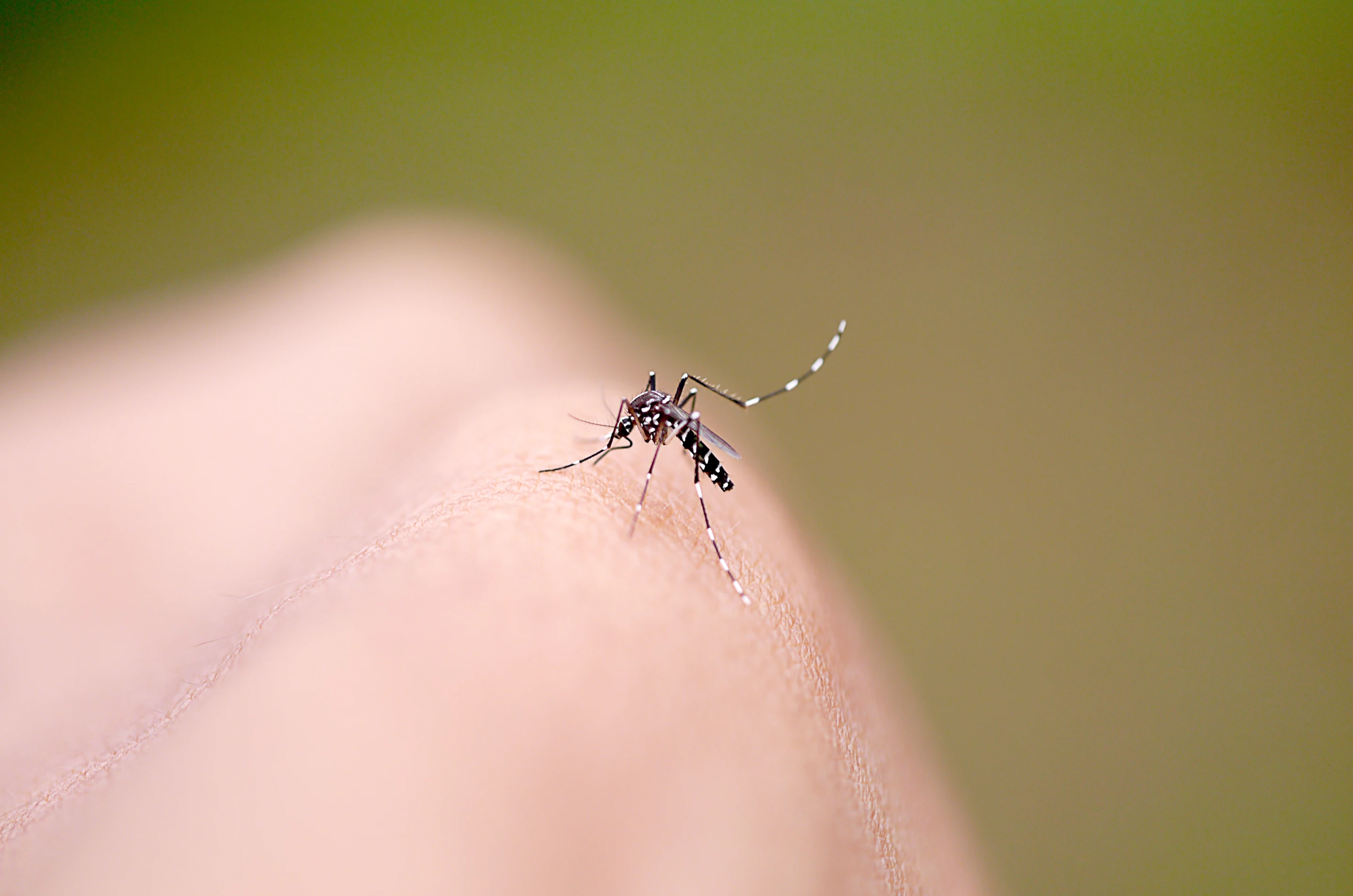Promising results have been published from a Phase 1 human trial testing a novel antibody treatment designed to prevent malaria infection. Almost every volunteer was protected from infection after being deliberately exposed to malaria, indicating the unique treatment could become a crucial tool in the fight against this deadly disease.
Unlike vaccines, which help train the immune system to produce its own antibodies against a targeted pathogen, monoclonal antibodies are basically potent injections of antibodies already known to do the job. In this case, a monoclonal antibody dubbed L9LS has been optimized to target a protein used by the malaria parasite to infect hosts.
Monoclonal antibodies can be powerfully effective therapeutic tools but they are not as long-lasting as vaccines. Because a patient is essentially being pumped with pre-existing antibodies that will ultimately degrade over time, monoclonal antibody treatments can often only be effective for a few weeks, or at most several months.
This Phase 1 trial for L9LS recruited 17 healthy subjects. Three different doses of the antibody treatment were tested, with some subjects receiving intravenous administration and others receiving subcutaneous injections.
Between two and six weeks after receiving the antibodies, all volunteers were deliberately exposed to malaria-carrying mosquitos. Only two participants developed malaria in the weeks following exposure - one subject on the lowest intravenous dose and one receiving the subcutaneous injection.
“The current trial provides a proof of principle that prevention of malaria can be achieved with a next-generation monoclonal antibody, L9LS,” the researchers concluded in a new study reporting the results. “This subcutaneous regimen of a single low dose warrants further study to define its potential to limit malaria-associated morbidity and mortality among infants and young children in regions where malaria is endemic.”
The researchers developing L9LS claim the antibody has been optimized to have a half-life of 56 days but it is unclear how long protection from a single treatment will last. It's hypothesized several months of protection is likely, and in children under the age of five a single subcutaneous injection may deliver at least six months of protection.
Obviously, these kinds of monoclonal antibody treatments are no replacement for longer-lasting vaccines but they can serve important roles in the larger battle against malaria. Commenting on the new findings, infectious disease expert Johanna Daily said this tool, in combination with effective vaccines, could bring us closer to eradicating malaria.
“The major strengths of monoclonal-antibody therapy are that it can provide a reliable level of antibodies, regardless of the host immune status, and this level can be achieved rapidly after administration,” Daily explained. “Monoclonal antibodies against malaria may have a distinct role in rapidly controlling infection in areas where there are malaria outbreaks, in locations where antimalarial drug resistance is emerging, and in persons who are unable to mount a protective antibody response to vaccines.”
Last year, the roll-out of the world’s first malaria vaccine, Mosquirix, began in Africa, but questions over the vaccine’s efficacy have led some major funders to question their investment. After spending hundreds of millions of dollars supporting the development of the vaccine, the Bill and Melinda Gates Foundation recently announced it would not be putting more money into supporting its deployment.
The efficacy of the vaccine in children has been reported to be as low as 30 percent and the Gates Foundation has said this factor, alongside concerns over “short duration, and constrained supply challenges,” led to money being diverted to other malaria prevention research. At the same time the Bill and Melinda Gates Medical Research Institute announced the initiation of a new monoclonal antibody research project.
Half of the global population is in areas of risk of malaria transmission; in 2020, ~627K people died from the disease. We're initiating the development of a monoclonal antibody that may protect against malaria infection in infant and pediatric populations.https://t.co/gpgN9tupEr
— Bill & Melinda Gates Medical Research Institute (@GatesMRI) August 3, 2022
While monoclonal antibodies are certainly demonstrating extraordinary promise at preventing malaria infections, they are no singular solution to the malaria problem. Alongside the need for repeated, and possibly continual, administration to maintain efficacy, monoclonal antibodies are notoriously expensive.
In reporting these Phase 1 trial results the researchers are confident preliminary cost modeling suggests these treatments could be produced affordably. Timothy Wells and Cristina Donini, from non-profit Medicines for Malaria Venture, agree it is plausible this treatment could be cost-effective but that may be determined by effective dosages and new manufacturing technologies.
“Current estimates of the cost of production of antibodies obviously depend on individual antibodies, but estimates of US$50 per gram of antibody are certainly feasible,” write Wells and Donini. “These estimates suggest that these antibodies could be in a similar price range as that of current vaccines, but with the potential to be less expensive as technology develops.”
The new study was published in The New England Journal of Medicine.




